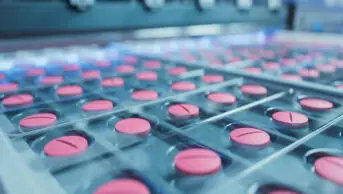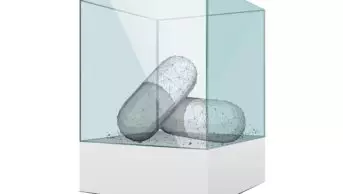
Shutterstock.com
Children with an extremely rare immune deficiency disease are set to have access to gene therapy, following a recommendation for approval by the European Medicines Agency (EMA).
The disease, called adenosine deaminase deficient severe combined immunodeficiency (ADA-SCID), leaves children fatally vulnerable to common infections and is informally known as “bubble boy” syndrome, as children are often confined to sterilised plastic chambers. Without treatment, children with the condition usually die in the first two years of life.
In a study involving 12 patients who received the gene therapy, called Strimvelis, all children are alive with an average follow-up period of seven years.
There is no authorised medicine to treat ADA-SCID in the EU. Patients can receive bone marrow transplants, but this is usually only successful when the donor is a close genetic match. Some patients in Europe have received an unapproved enzyme replacement therapy on a compassionate basis, but this requires weekly infusions and long-term treatment can impair the immune system further.
A child with ADA-SCID inherits a faulty copy of a gene from both parents that makes the enzyme adenosine deaminase. This leads to a build-up of deoxyadenosine, which is toxic and destroys infection-fighting lymphocytes and causes other developmental problems.
Strimvelis, marketed by GlaxoSmithKline, takes patient’s immature bone marrow cells and replaces the faulty gene with a copy that produces functional adenosine deaminase. These cells are then injected back into the patient and can develop into the cells of the immune system and blood. This avoids the problems of a donor match seen in traditional bone marrow transplants.


